Water Therapy For Glowing Skin: 3 Benefits & Japanese Guide
Drink enough water to make your skin look fresh and glowing like never before!
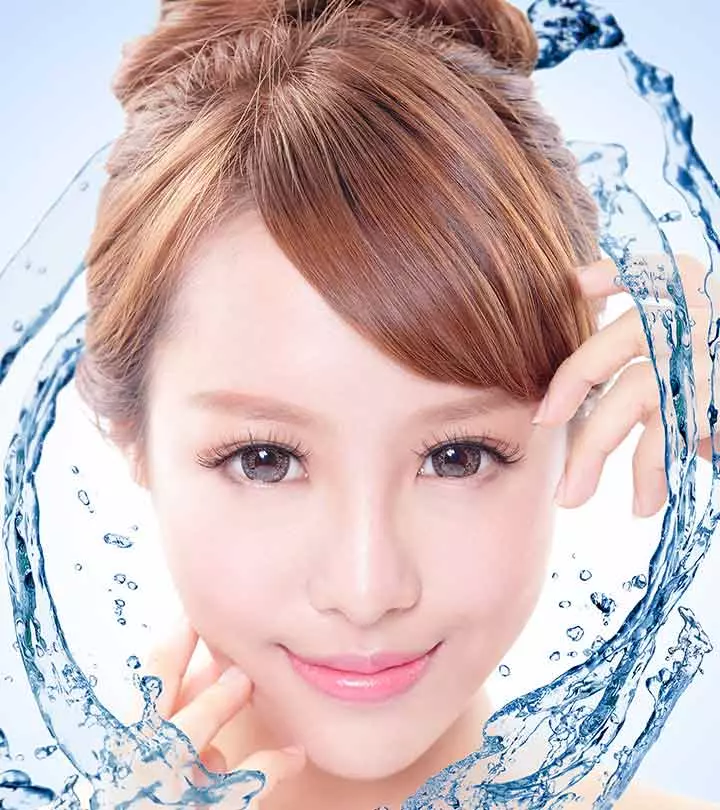
Image: Shutterstock
Drink enough water! That is probably the easiest way to keep your skin healthy and glowing. We are not joking. Water therapy benefits your skin in numerous ways. It can improve your overall skin health, minimize dark spots, acne, blemishes, and more. Scroll down to know how water helps boost your skin health and find the guide to Japanese water therapy for healthy skin.

In This Article
Water Therapy For Glowing Skin: The Science Behind It
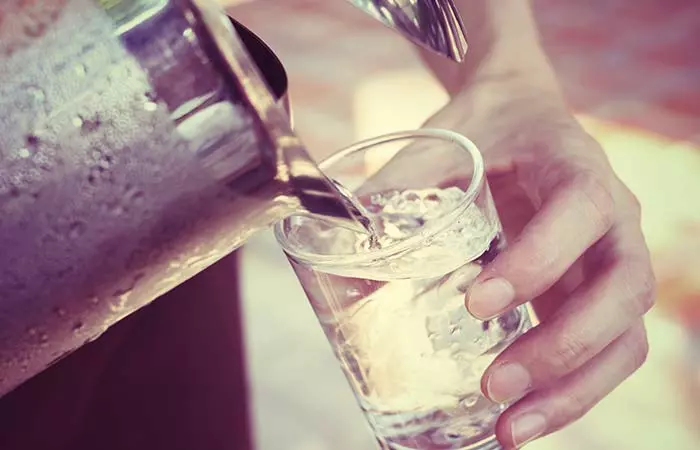
You are not drinking enough water. If that is what your dermatologist says every time you visit them for common skin issues, you should probably take this advice seriously. Up to 75% of your body is water. Any depletion in the levels of water will affect your organs, including the skin, which is the largest organ of the body.
If your skin does not get enough water, it will turn dry, flaky, and lifeless. Dry skin is more prone to age spots and wrinkles. Since you lose water every day in the form of sweat and urine, you need to replenish the loss to maintain the hydration levels of your skin.
The Japanese swear by water therapy, claiming it helps you get glowing skin with an amazingly smooth texture. We shall share the steps for Japanese water therapy for clear skin later in this article, but before that, let’s understand who needs water therapy.
Key Takeaways
- People with dehydrated skin, dry skin, and itchy skin may need water therapy.
- This therapy may hydrate your skin, flush out toxins from your body, improving your overall skin health.
- Drink four to six glasses of water after waking up. with each glass should contain 160-200mL of water.
- Avoid taking caffeine and alcoholic beverages while you are undergoing water therapy.
Water Therapy For Skin: Do You Actually Need It?
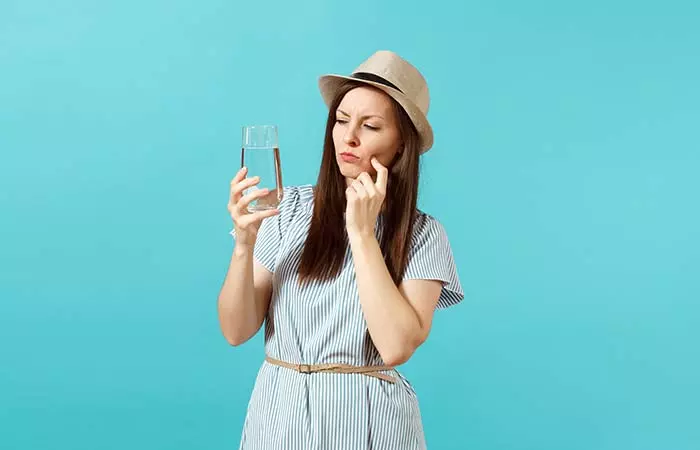
Too much of anything can be toxic for your body. So, you need to understand whether your body can handle water therapy or not. The question is, who needs water therapy? Or who can undergo water therapy?
Generally, people who have dehydrated skin need water therapy. Your skin may feel dry, and you may think it needs water – but that may not be the case. So, it’s better to check whether you are eligible for water therapy or not. And to do that, you need to understand the difference between dry skin and dehydrated skin.
- Dry Skin: It is inherited and caused due to the inadequate production of natural oils (or sebum). Your skin may become dry due to an underactive thyroid gland or imbalance in hormones. To heal dry skin, you can add hydrating oils and creams to your skin care routine. Use skincare products that nourish, moisturize and soothe the skin.
- Dehydrated Skin: It is mainly caused by external factors like less water intake, unhealthy diet, weather changes, and excessive caffeine consumption. All these factors deplete the water content in your skin. In other words, dehydrated skin lacks water but not natural oils (unlike dry skin). Luckily, this is a temporary phase and can be treated by increasing water intake and making some lifestyle changes to avoid excessive water loss.
Your skin is dehydrated if you have these following symptoms:
- Itchy Skin: Extreme temperature can rob moisture from your skin, leaving the outer surface itchy and dry. Even if you see oil on your skin surface, you will encounter dry and flaky skin.
- Excessive Skin Sensitivity: This is one of the most tell-tale signs of dehydrated skin. When the moisture barrier is disturbed, your skin is not able to protect itself from external irritants, such as pollutants and bacteria. This might worsen your symptoms and cause more irritation, itchiness, and inflammation.
- A Dull Appearance: Dehydrated skin won’t be able to perform even the basic functions like cell renewal. In other words, with low hydration levels, your skin cannot shed the old cells and regenerate new ones. The dead cells will keep accumulating on the skin surface, making your skin look dull.
- Wrinkles And Fine Lines: Pinch the skin on your cheek gently. If you see fine lines (a tiny network of lines), your skin is dehydrated. These are unlike crow’s feet and laugh lines.
- Delayed Damage Repair: Lack of water doesn’t allow for transfer of skin signals and chemokinesi A large group of proteins made by immune cells that stimulate the migration of cells, most notably white blood cells needed for any damage / wound healing to take place promptly.
 Trivia
TriviaMost people drink a sufficient amount of water based on their thirst. However, people who are active, exercise outdoors, or live in hot, dry, or humid climates need to drink more to maintain optimal hydration levels.
Note: You may squeeze a lemon into Water therapy is the only way to fix your dehydrated skin and make it clear and beautiful. There are immense beauty benefits of water therapy for skin. Let’s check them out.
 Trivia
TriviaProponents of water therapy advise against drinking cold water as they believe it can harden the oils and fats in the food within the intestines and cause digestive issues.
Benefits Of Water Therapy For The Skin
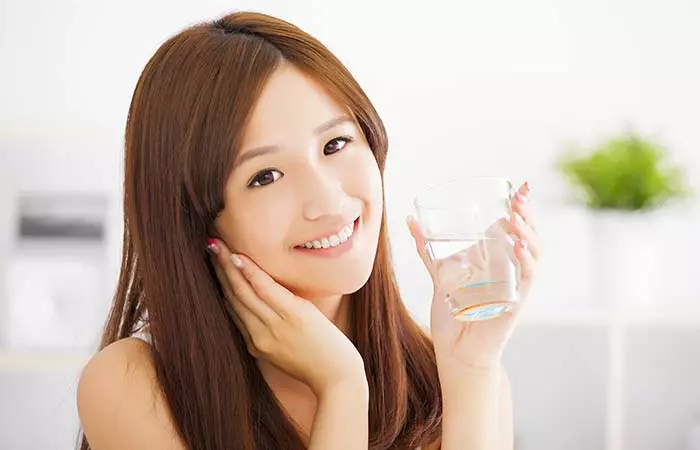
1. It Improves The Thickness And Density Of Your Skin
Your skin contains about 30% of the total water content of your body. And maintaining this percentage is vital to keep your skin elastic and plump and prevent loss of moisture due to environmental factors. If your water intake is low, your skin cannot prevent the excessive water loss, and it will lose its resiliency. Adequate water intake maintains the skin density and thickness and prevents loss of moisture, which keeps your skin healthy (1).
2. It Helps In Flushing Out Toxins From Your Body
Your kidneys need water to flush out toxins from your body. The kidneys filter the waste from your bloodstream so that your organs receive pure and oxygenated blood. Your skin receives the essential nutrients and oxygen through blood. And unless your blood’s clear, your skin will not glow.
3. It Improves Your Normal Skin Functions
From preventing water loss and eliminating toxins to synthesizing vitamin D and protecting your body from sun damage – your skin performs multiple functions every day. Daily intake of adequate levels of water helps your skin function effectively. It can rejuvenate, refresh and cleanse your skin from within.
Ez, a beauty blogger, wrote how increasing her water intake helped heal her skin from the inside out. She said, “I drank at least 2 liters of water per day. A week after I started doing this, I began to break out like no other, like it was so bad. But anyways, I persevered because I believed water was in no way harmful to the body. After about a couple of months my skin began to clear up (i).”
A study evaluated the effect of drinking water on human skin hydration levels and other functions. The subjects drank about 2 liters of water every day for one month. The results showed that drinking water not only helped in maintaining and improving the normal physiology of the skin but also enhanced superficial and deep skin hydration levels (2).
It’s pretty evident that water intake plays a crucial role in keeping your skin healthy. Let’s understand how you can follow the Japanese water therapy to keep your skin healthy and glowing.
Guide To Follow Japanese Water Therapy For Healthy Skin
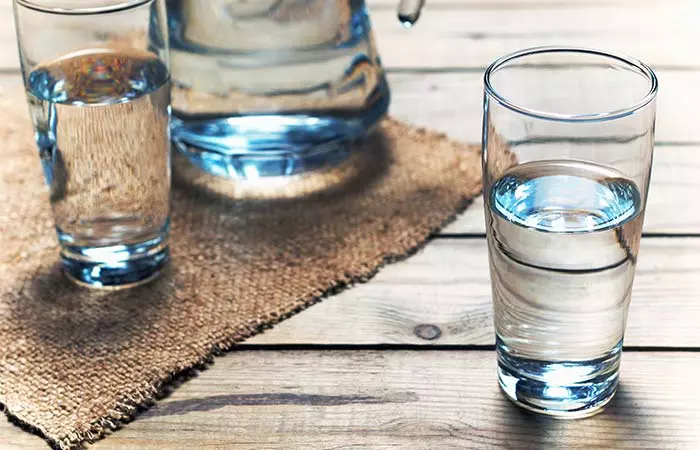
Before we proceed to the steps, here’s some encouragement for you!
A study says that drinking water can also help you in losing weight by increasing the number of calories you are burning every day (3). When you drink enough water, your Resting Energy Expenditure (the calories your body needs when you are not active) increases. All this happens due to the thermogenici The tendency of the body to produce heat through metabolic stimulation that aids in calorie loss and fat burning during workouts. effect of water (4).
Note: Thermic effect is the number of calories your body spends to process any food item.
We guess this is enough to get you excited about water therapy. Now, let’s move on to the steps.
Step 1
Drink at least four to six glasses of water right after you wake up in the morning. Each glass should hold 160-200 mL of water. Do this on an empty stomach. The water should be at room temperature or lukewarm.
Note: You may squeeze a lemon into it. You can also infuse your water with fruits, herbs, or cucumber for a refreshing twist and added flavor.
Step 2
Brush your teeth after you have drunk the water. Do not eat anything for the next 45 minutes. Carry on with your daily routine after that. During the 45 minutes, you may do light physical activities, such as jogging or yoga.
Step 3
Maintain a gap of two hours between every meal you have throughout the day. And during these two hours, avoid drinking and eating anything. For instance, after 15 minutes of having your breakfast, lunch, evening snacks, and dinner, do not eat or drink anything for the next two hours.
Step 4
If you cannot drink four to six glasses of water at one go, take a break for a couple of minutes between every glass of water.
There are a few pointers to keep in mind before you even think of starting water therapy. Take a look.
Things To Consider Before Starting Water Therapy (Or During The Therapy)

- If you are elderly or have any health issues but still want to go ahead with this therapy, start with one glass of water every day and then gradually increase the amount.
- Avoid caffeine and alcoholic beverages while you are undergoing this therapy.
- Track your daily water intake to make sure you are meeting your hydration goals. However, do not drink excess water. Overdoing this may cause water intoxication, which is fatal. A proper balance of food and water intake is required by the body.
- Always consult a doctor before starting any alternative therapy. The daily amount of water required differs from person to person. It depends on your fitness levels, climatic conditions, age, and weight.
There are several water therapies out there that you may get confused with. One such is cold water therapy, which serves a completely different purpose. Read on to know how it is different from Japanese water therapy.
What Is Cold Water Therapy?
Cold water therapy involves using cold water to alleviate muscle and joint soreness and recover from physical exertion (5). It involves immersing oneself in cold water up to the neck or focusing on specific body parts. Ice bath is a popular method of cold water therapy that allows for temperature control and is done at home, therapy clinics, or specialized recovery centers. Individuals may immerse themselves in icy natural water bodies like lakes in colder regions to reap its benefits. The duration of the immersion depends on the water temperature and personal tolerance level.
Infographic: Different Types Of Hydrotherapy
Water is essential for our survival. However, its true potential in revitalizing our health still remains untapped. While the Japanese water theory revealed some of its benefits, you can utilize this precious resource in many other ways as well.
Check out the infographic below to find out how else you can use water to boost your health.
Some thing wrong with infographic shortcode. please verify shortcode syntax
Drinking water is one of the most common solutions to almost every health issue. Water therapy, which involves drinking lots of plain water for the skin, benefits you in various ways. It detoxifies, purifies, and improves the density of the skin while improving the normal physiology of the skin. All the while, encouraging glowing and healthy skin. Following the step-by-step instructions on water therapy will help you avail of these benefits. However, you need to be cautious and make a few lifestyle changes to receive the best results. You may also consult a doctor before starting the therapy to analyze how much water you require based on other factors.
Frequently Asked Questions
Are 5 liters of water a day too much?
The amount of water you require is dependent on several factors and varies from person to person. However, drinking more than 5 liters per day is harmful. When an individual consumes more water than their kidneys can eliminate through urine, overhydrationi An excess of water in the body due to a disorder that decreases the body’s ability to excrete an excess of water. and water intoxication can occur.
Are 3 liters of water a day too much?
Total daily consumption of roughly 2.7 liters for women and 3.7 liters for men can meet the needs of most adults (6). However, depending on the other foods and drinks you take, you may not have to drink 3 liters of water daily to meet your fluid requirements.
How long does it take for water to affect your skin?
Although any long-term changes to your skin may take time to show, it is possible to restore ideal hydration levels in the skin and ensure a repaired moisture barrier within 24 hours to a few days.
Ayurveda is an ancient science of healing, and the video below explains the importance of water therapy for overall health and wellbeing. Learn how to use water to heal your body from the video!
Personal Experience: Source
StyleCraze's articles are interwoven with authentic personal narratives that provide depth and resonance to our content. Below are the sources of the personal accounts referenced in this article.
(i) Ez SKINCARE TIPS | SKINCARE FROM THE INSIDE OUThttps://beautyinlagos.blogspot.com/2015/06/ez-skincare-tips-skincare-from-inside.html
References
Articles on StyleCraze are backed by verified information from peer-reviewed and academic research papers, reputed organizations, research institutions, and medical associations to ensure accuracy and relevance. Read our editorial policy to learn more.
- Water Hydration and Health
https://www.ncbi.nlm.nih.gov/pmc/articles/PMC2908954/ - Dietary water affects human skin hydration and biomechanics
https://pubmed.ncbi.nlm.nih.gov/26345226/ - Water consumption increases weight loss during a hypocaloric diet intervention in middle-aged and older adults
https://pubmed.ncbi.nlm.nih.gov/19661958/ - Water-induced thermogenesis
https://pubmed.ncbi.nlm.nih.gov/14671205/ - Effects of Cold Water Immersion and Contrast Water Therapy for Recovery From Team Sport: A Systematic Review and Meta-analysis
https://pubmed.ncbi.nlm.nih.gov/27398915/ - Dietary Reference Intakes for Water Potassium Sodium Chloride and Sulfate
https://nap.nationalacademies.org/catalog/10925/dietary-reference-intakes-for-water-potassium-sodium-chloride-and-sulfate
Read full bio of Dr. Sonam Jeswani Ramrakhiani
Read full bio of Ramona Sinha
Read full bio of Anjali Sayee
Read full bio of Shiboli Chakraborti






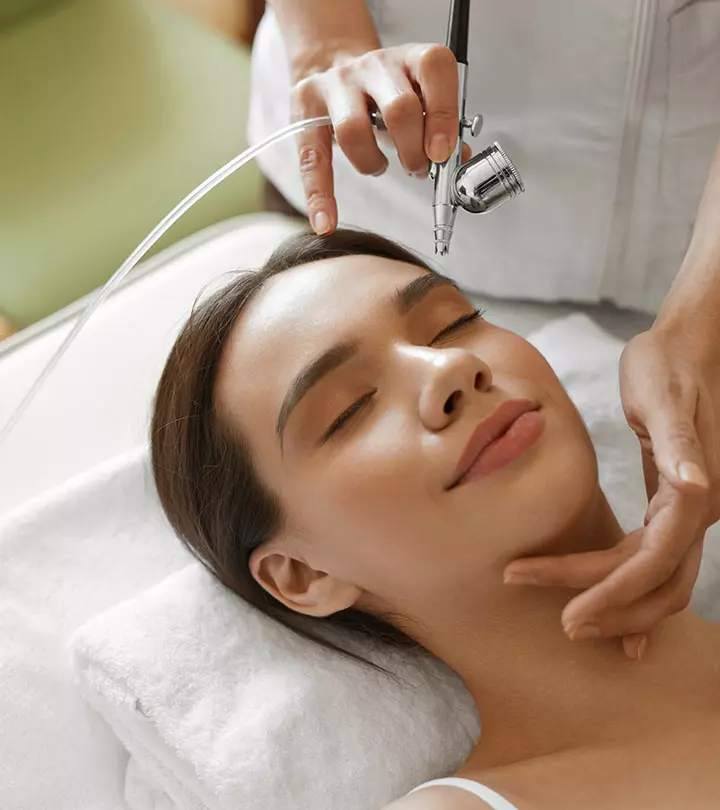
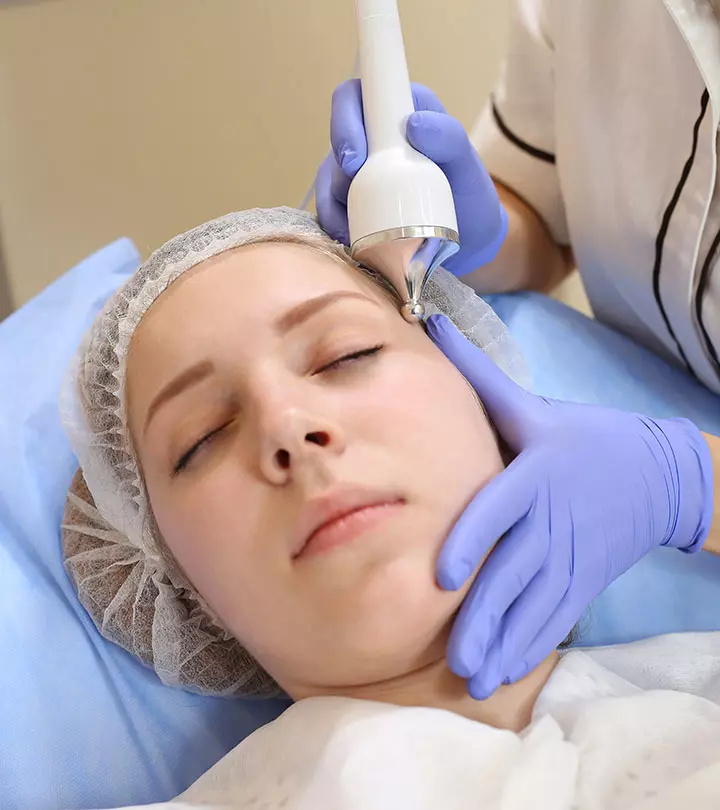
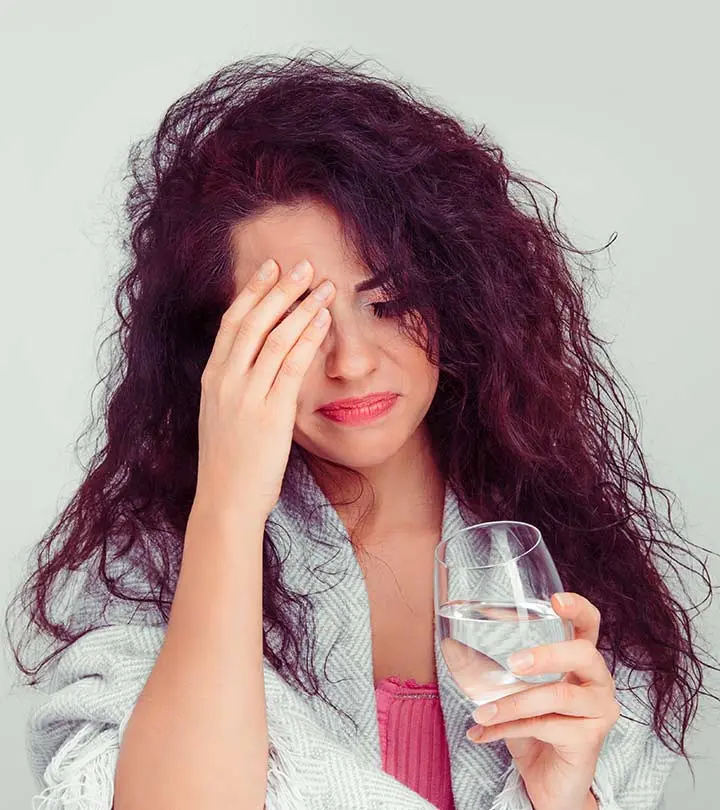
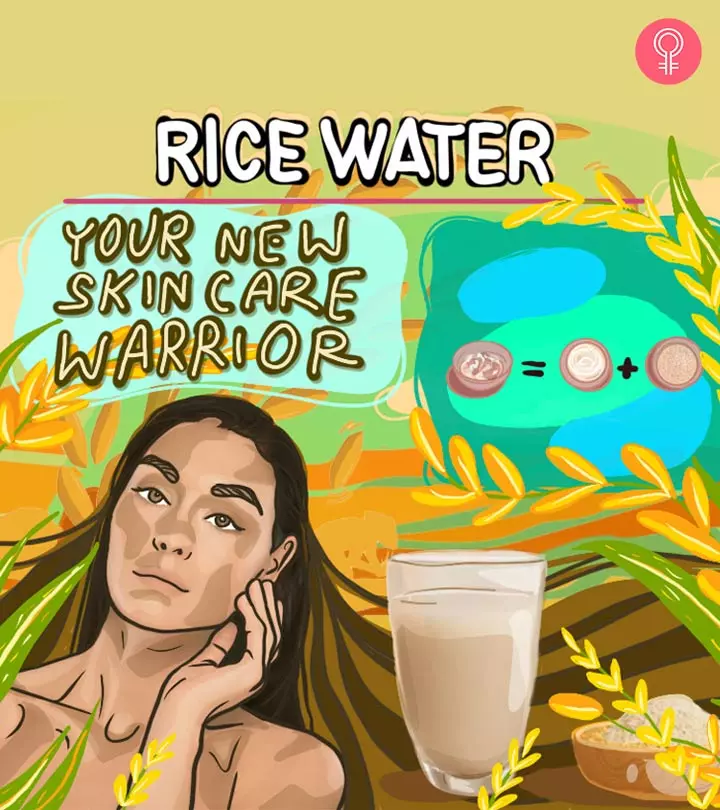
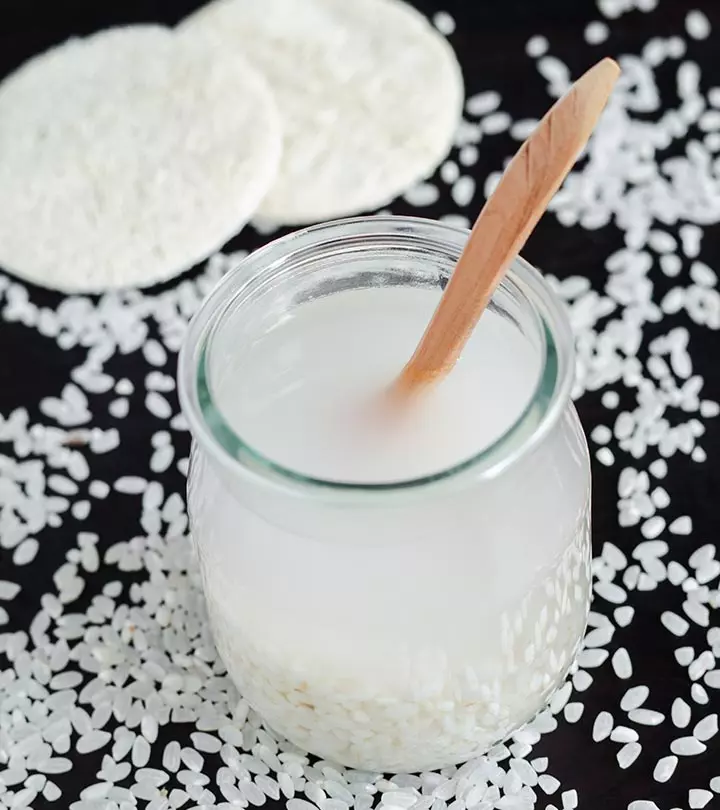
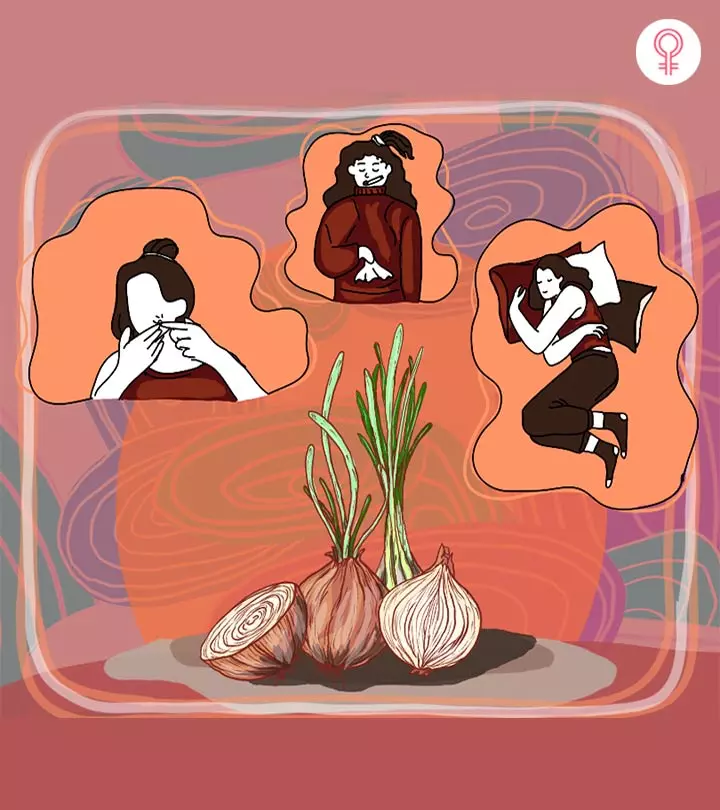
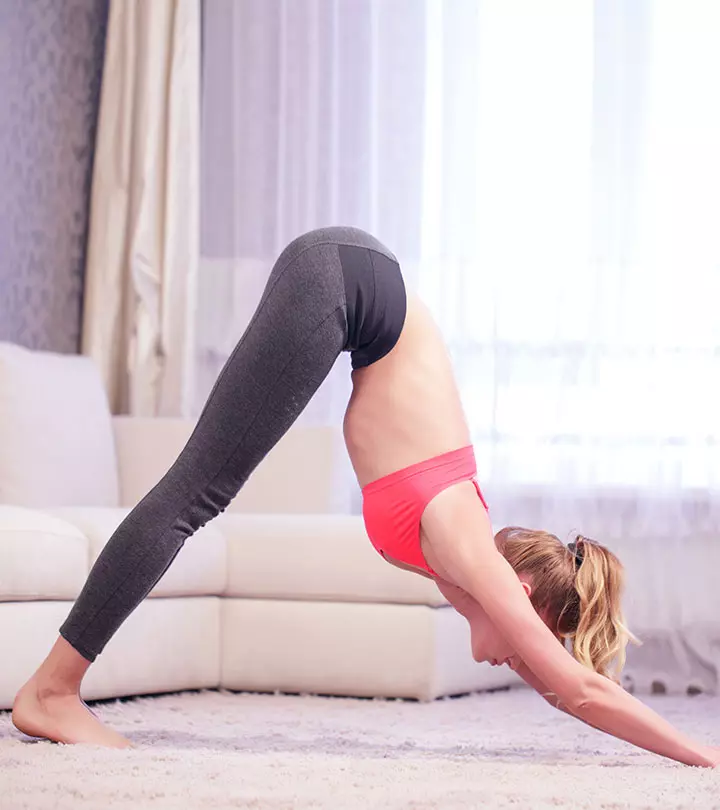
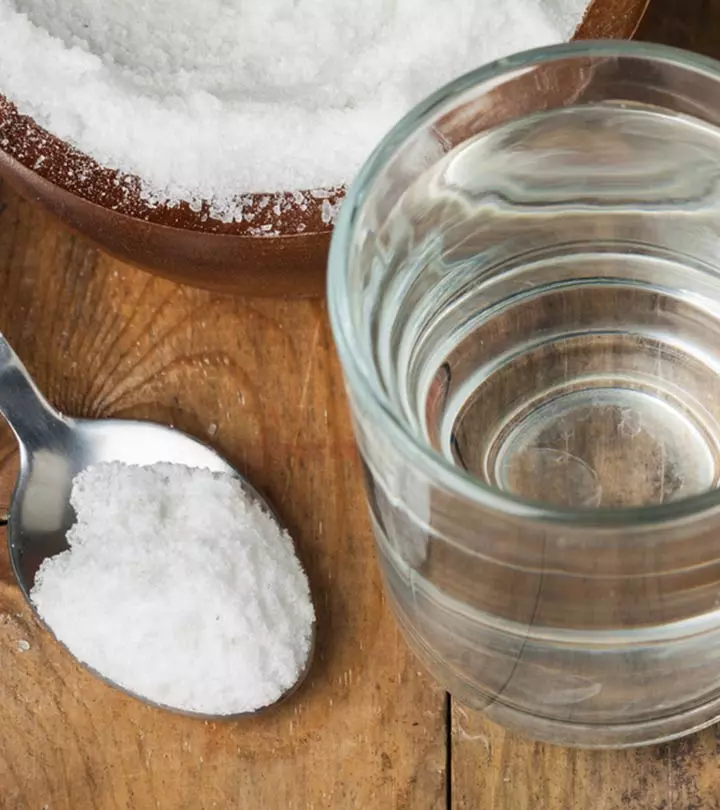
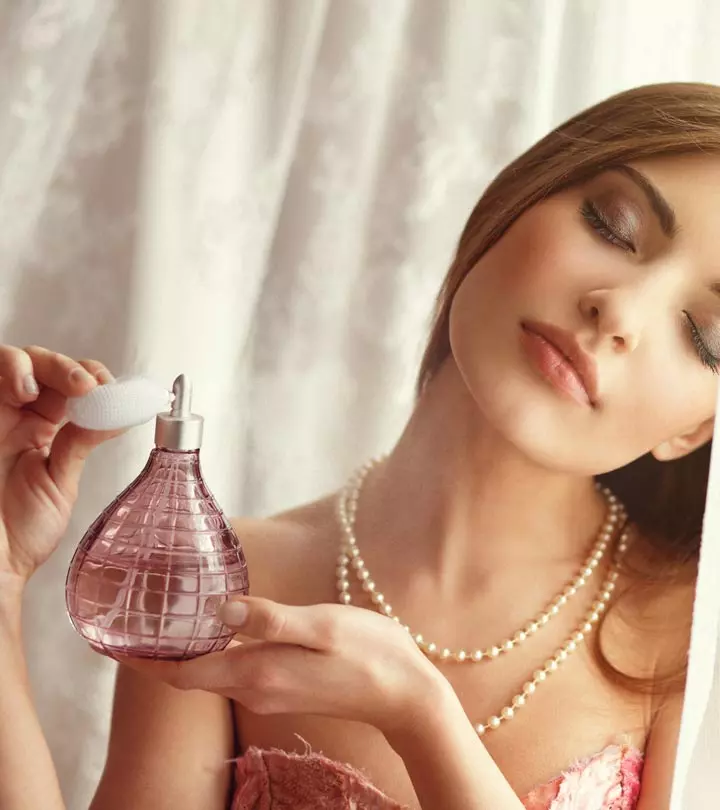
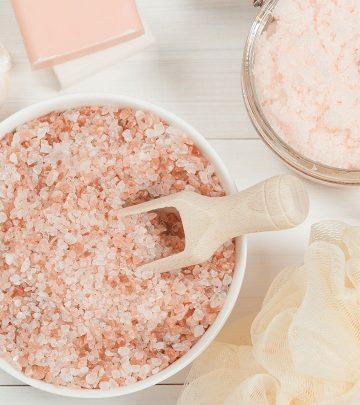
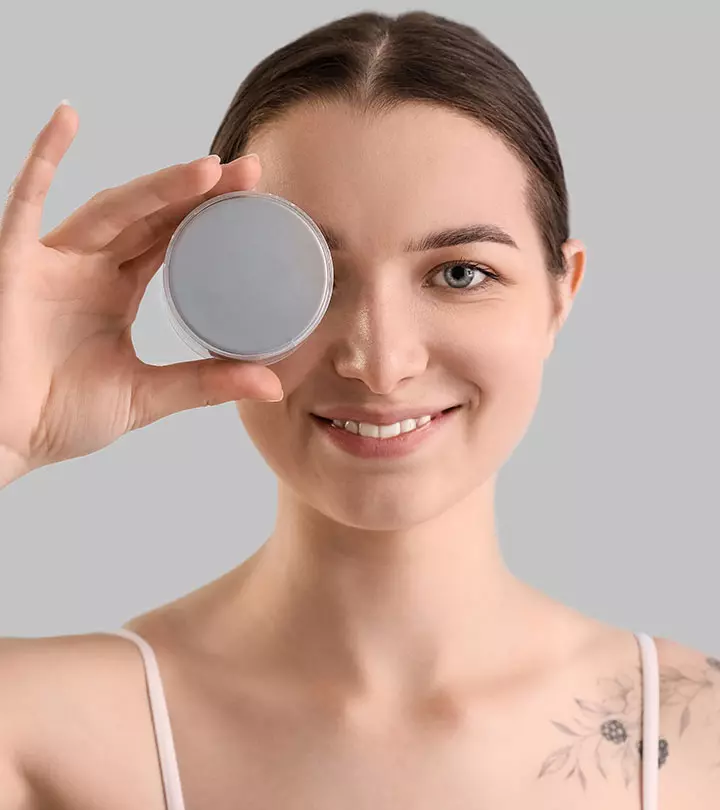
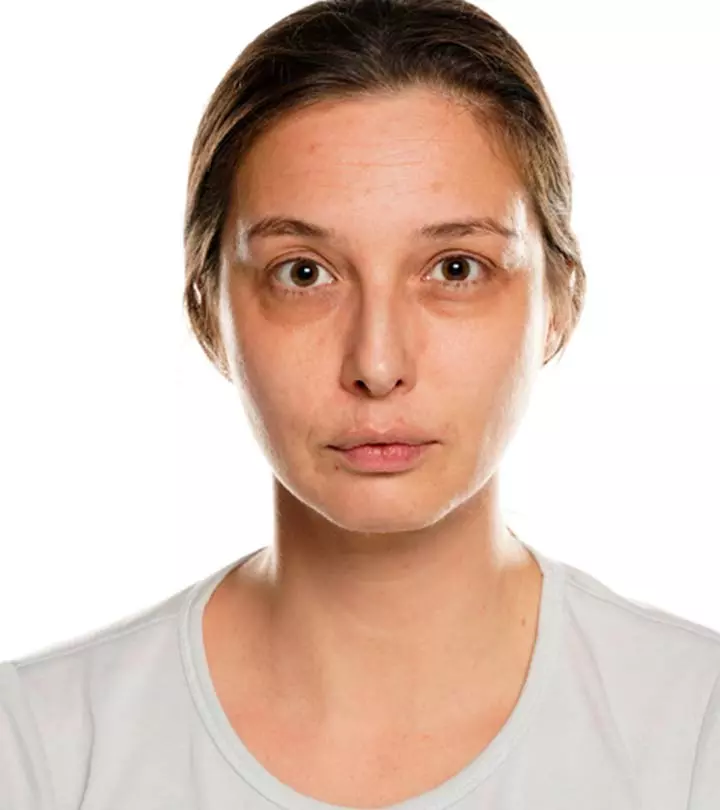
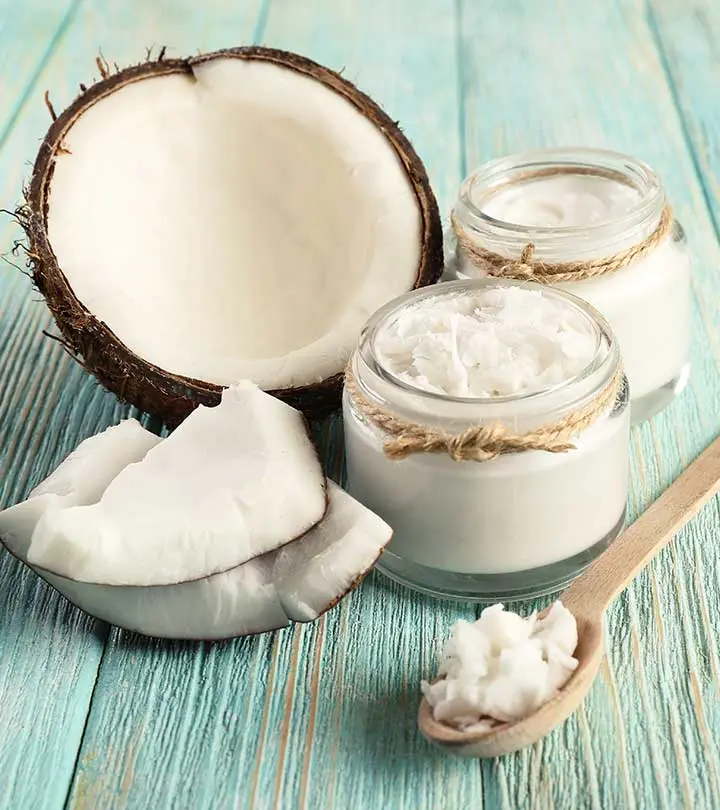
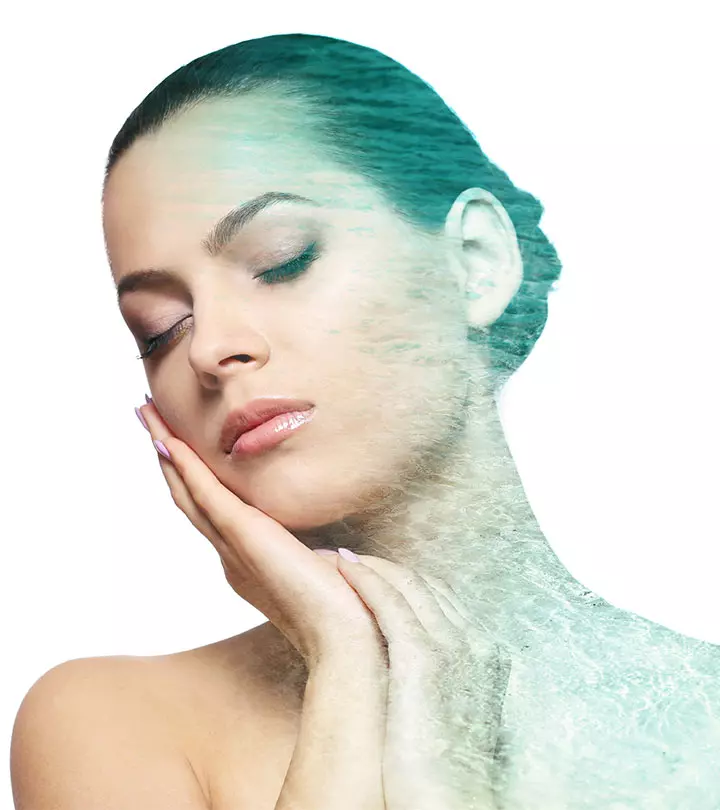
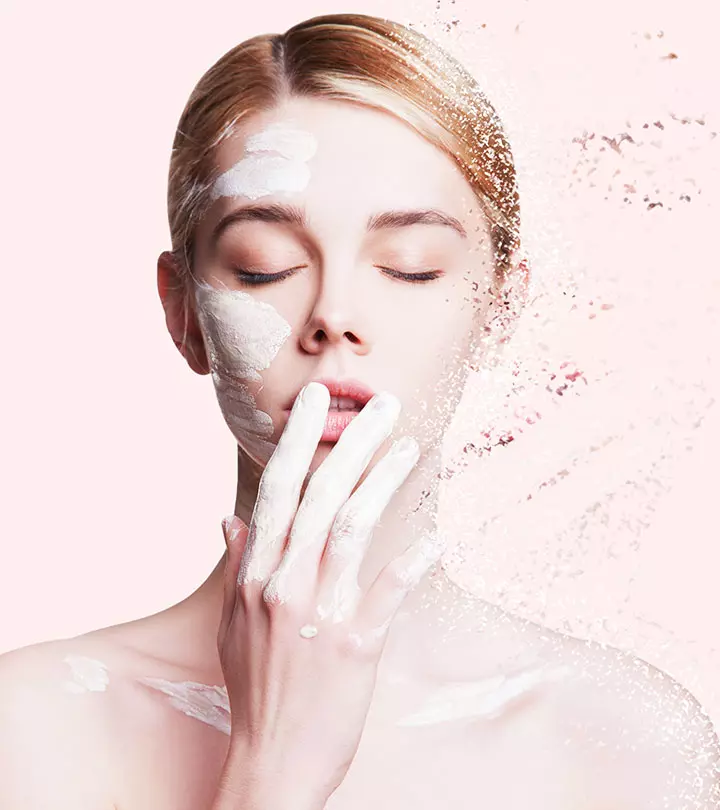
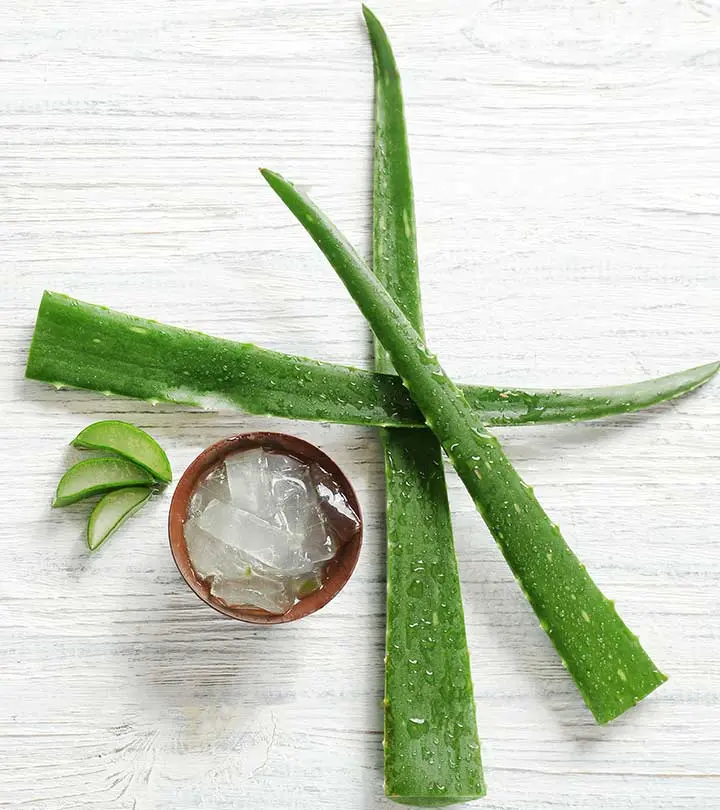
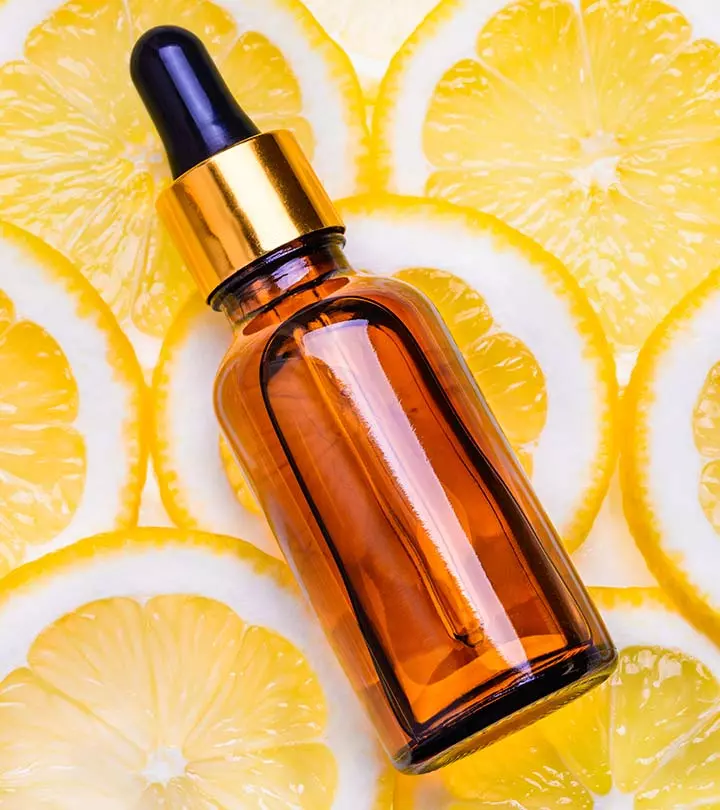

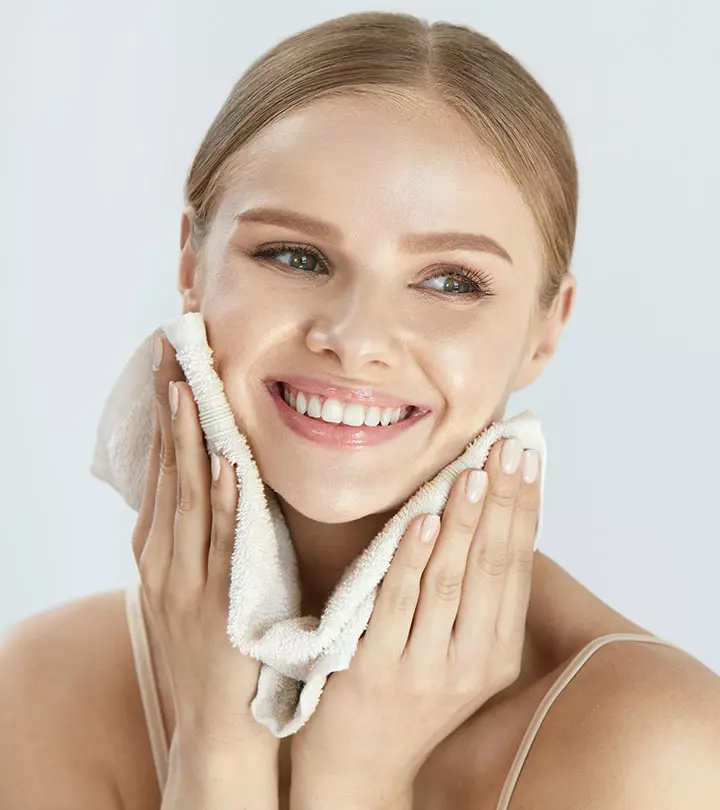
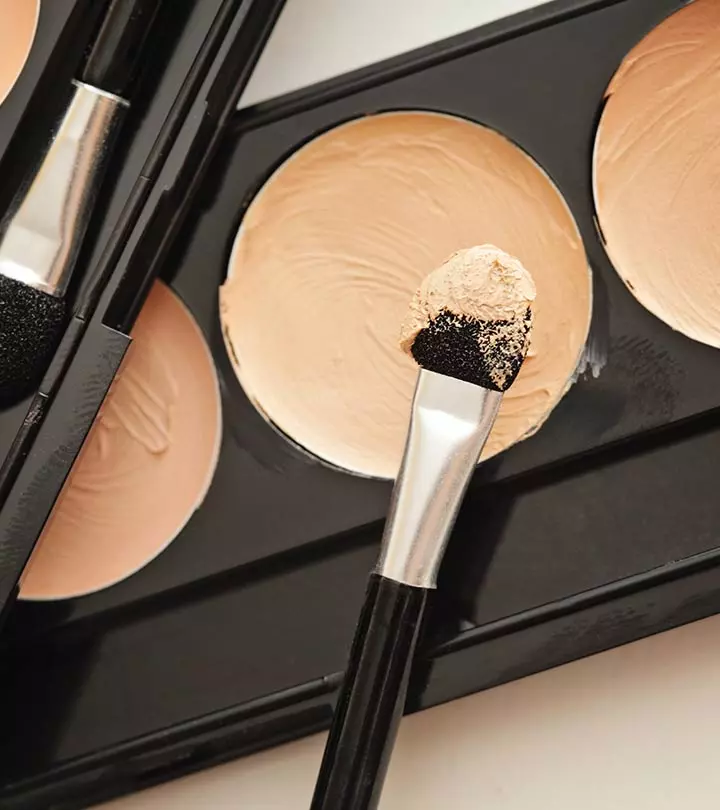
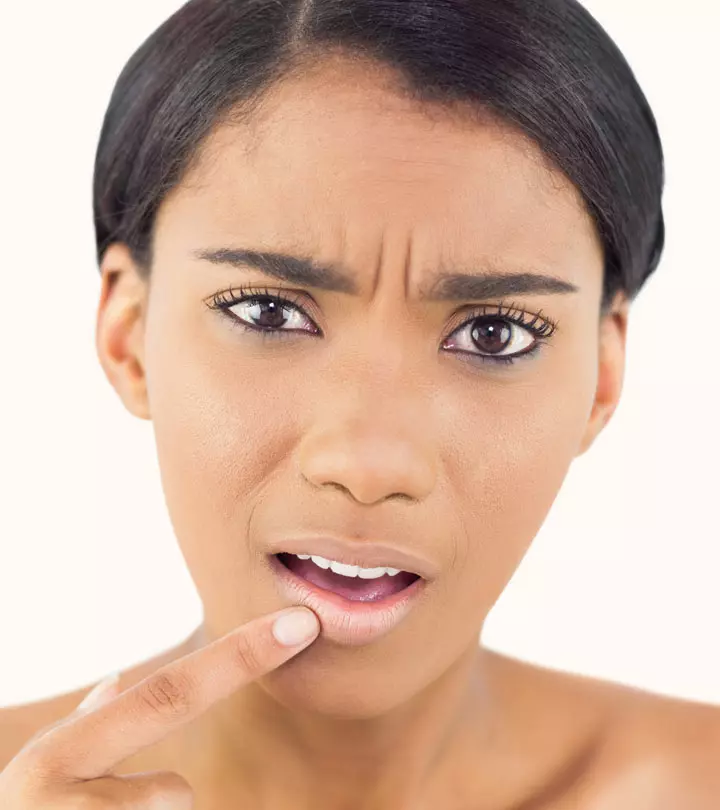
Community Experiences
Join the conversation and become a part of our empowering community! Share your stories, experiences, and insights to connect with other beauty, lifestyle, and health enthusiasts.